Explore cultures and societies across time and from around the globe, investigating how they shaped and were shaped by major events, values, and ideas with a Loras College history degree. Discover historical problems and dig into them using primary sources such as archival resources.
Loras places special emphasis on developing academic skills, such as identifying historical problems that need further inquiry and making original arguments based on the critical investigation of evidence.
Secondary Education Teacher
Many history teachers in the tri-state area are graduates of the Loras history major. History students seeking certification to teach in grades five through twelve may choose to get an all social sciences endorsement. This covers courses in American history, world history, government, psychology, sociology, geography, and economics. This is often especially attractive to schools in the hiring process. It is also possible to get either an American or World History teaching endorsement.
Explore Internships & Careers
Loras offers unique opportunities for students to work directly with hand-written manuscripts and early printed books that are over 500 years old in the Dubuque History Rare Book Room, and to work with a large collection of archival resources in the Center for Dubuque History. Students often do local internships developing skills in archival work, cataloging, research, assisting research, and public history.
- City of Dubuque: Dubuque Black Heritage Project
- Center for Dubuque History Digital Collections Exhibitions
- Black Power
- America Divided
- 18th Century Indentures
- Dubuque History Rare Book Room
- Mississippi River Museum
- Dubuque Historical Society
You will be prepared for a variety of interesting careers. Some careers relate directly to the content knowledge you will build up, but many other careers benefit from the transferable skills you develop in research, analysis, critical reading, and thinking, examining issues and texts from multiple perspectives, persuasive writing, public communication, and ethical evaluation. Our graduates have gone into careers as:
- High School Teacher
- Librarian
- Museum worker
- Archivist
- Lawyer
- Journalist
- Ministry/Priesthood
- Business Management
- Financial Planner/Advisor
- Public Relations Specialist
- Park Ranger
Course Highlights
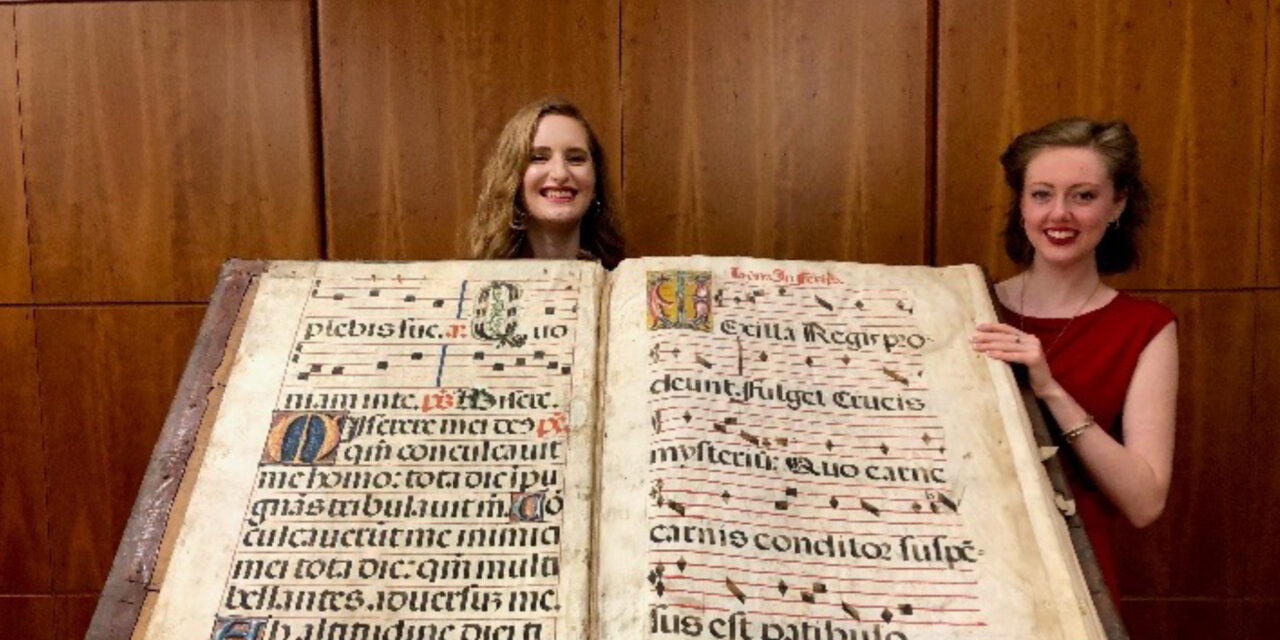
School of Humanities & Education
Majors & Minors
graduate degree Opportunities
Loras offers a variety of dual degree & accelerated pathways such as our 3+3 LAW JD. This juris doctorate pathway is designed for high-achieving students to earn both their undergraduate and graduate degrees efficiently and economically.
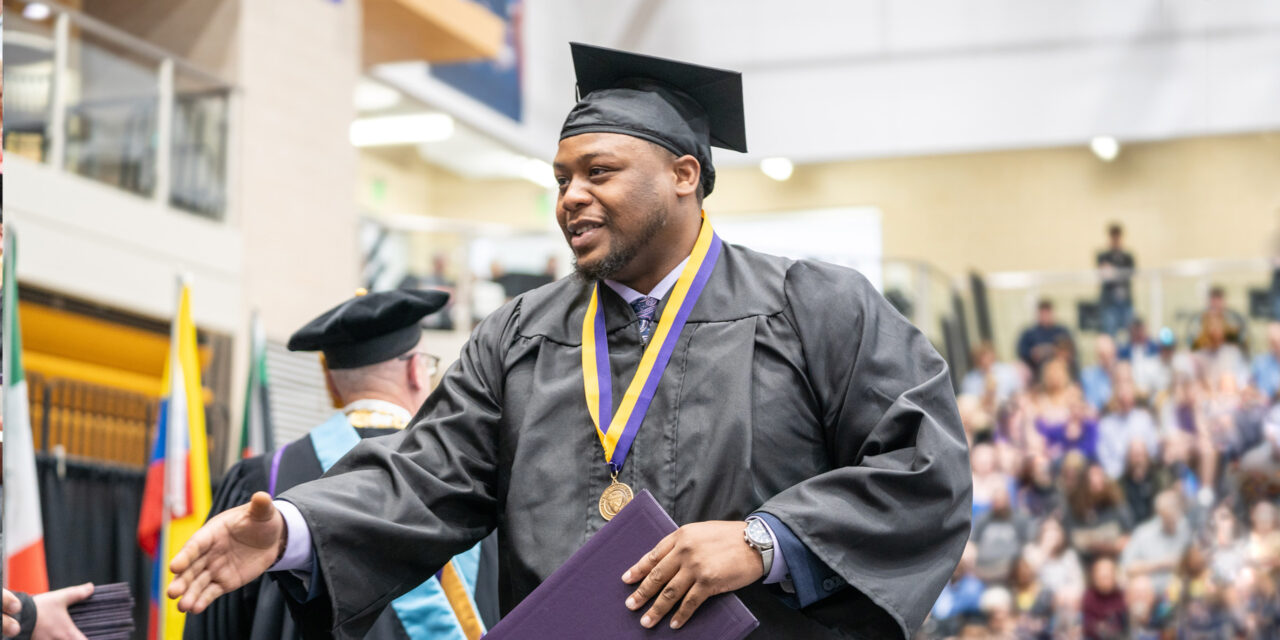
Clubs & Orgs
We have a variety of opportunities for you to get involved from the moment you set foot on campus.
Loras Student Government
Loras Multicultural Mentor Program
Loras College Mock Trial/Pre-Law
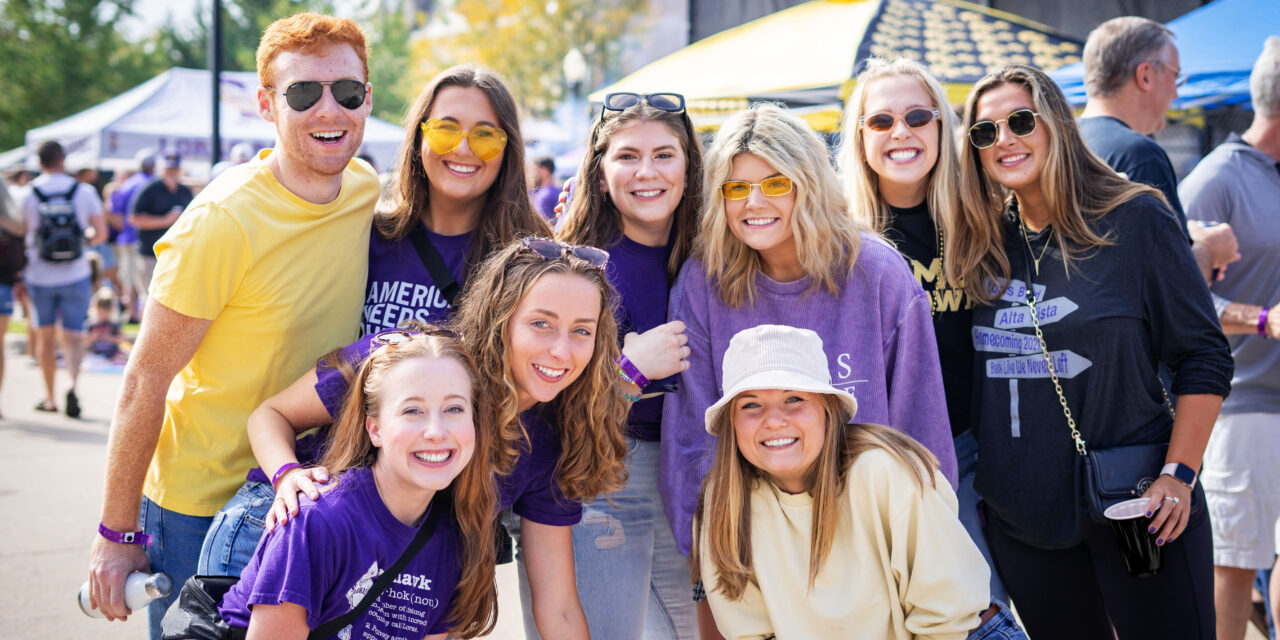
Straight Talk from a Duhawk
Loras prepares you for the future by providing hands-on learning opportunities early and throughout your time at Loras, which helps students know what to look forward to after graduation.
— Kirsten (’25)
Meet Your Professors
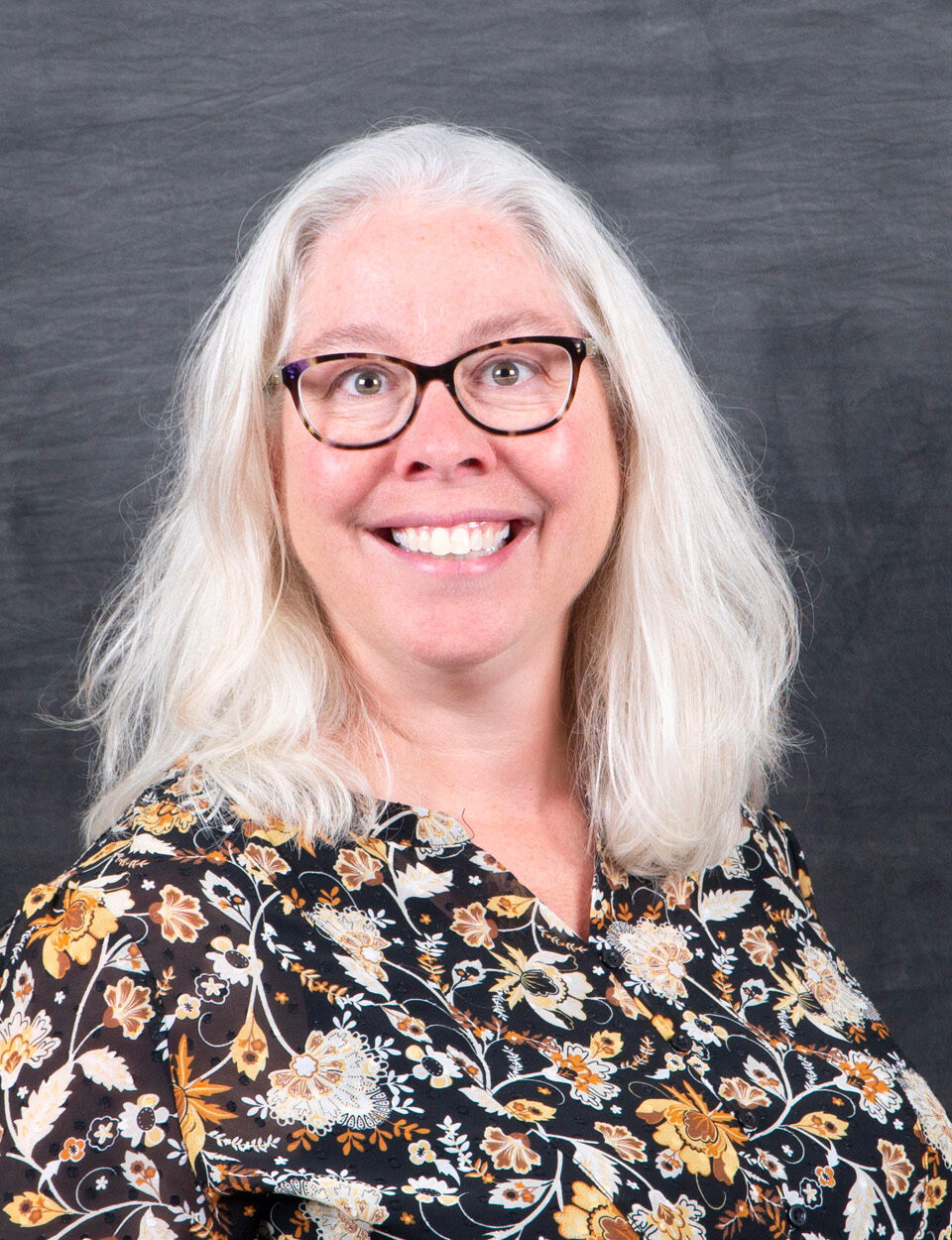
Kristin Anderson-Bricker PhD
Professor of History
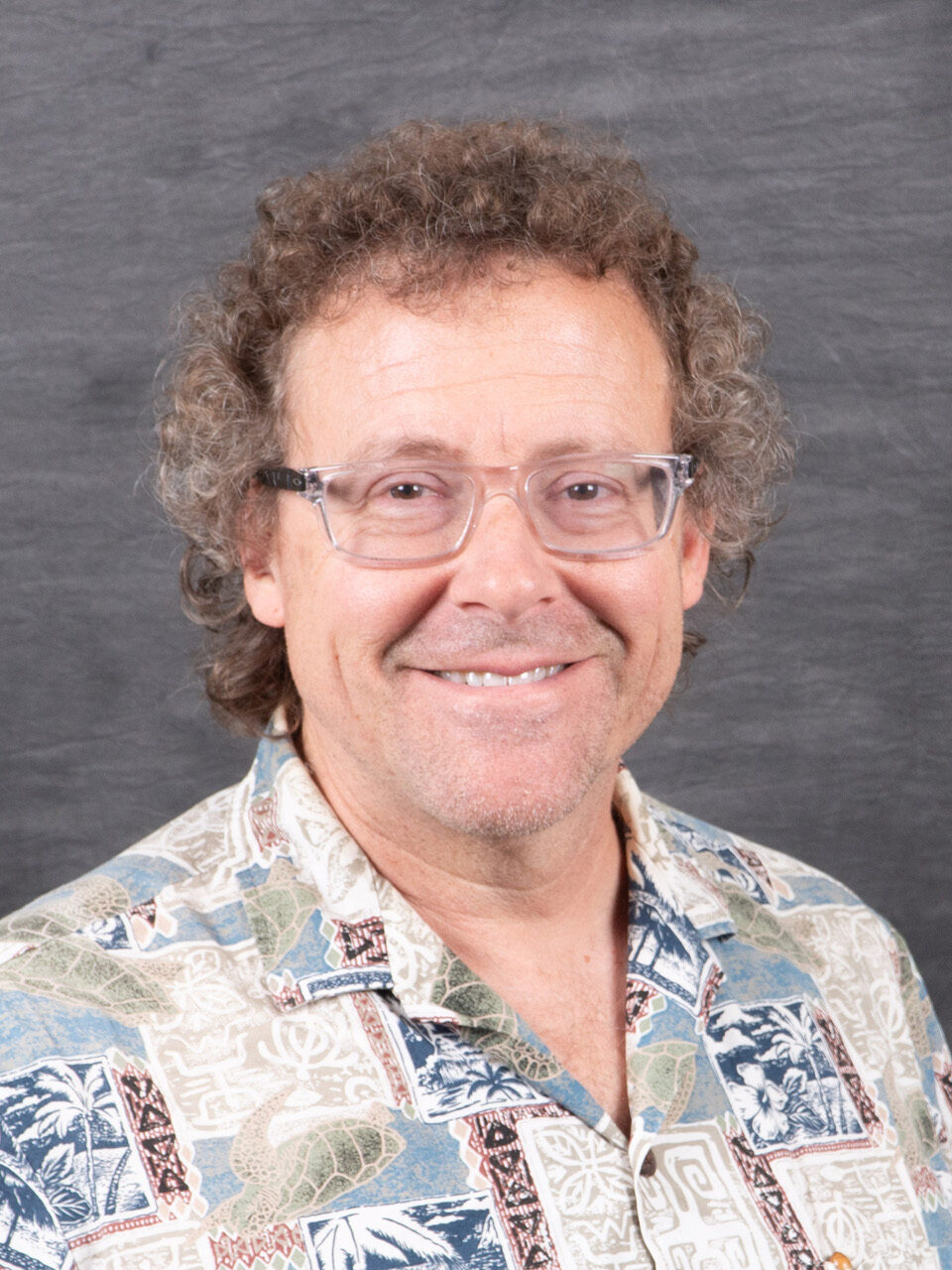
John Eby PhD
Professor of History
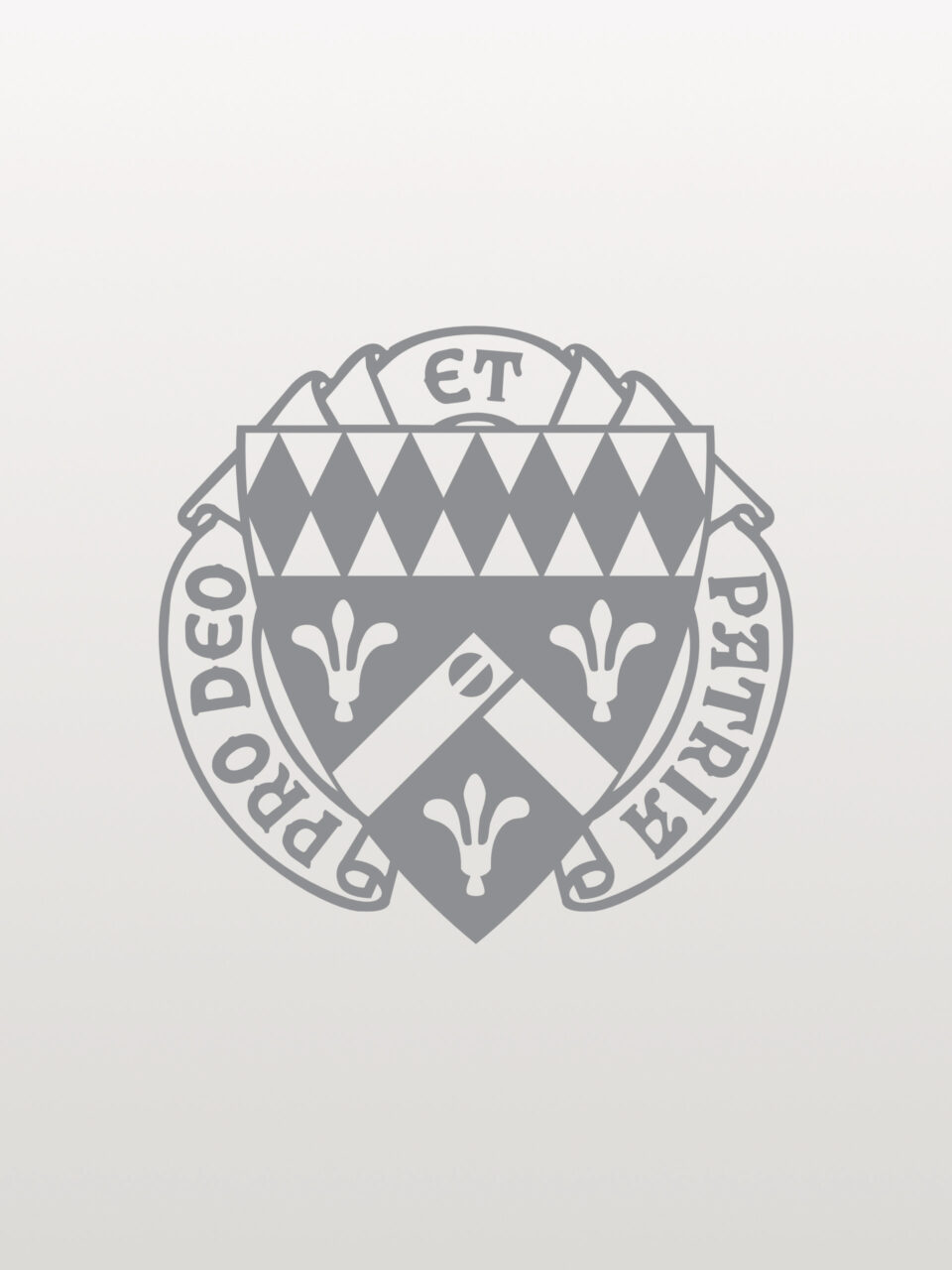
Mark Kehren PhD
Associate Professor of History
History News
-

Duhawk Difference Maker
Breanna Oxley (’13) is dedicated to making a positive impact wherever life takes her. Diving right into life as a Duhawk during her first year on campus, she made her presence known in and out of the classroom. More
-
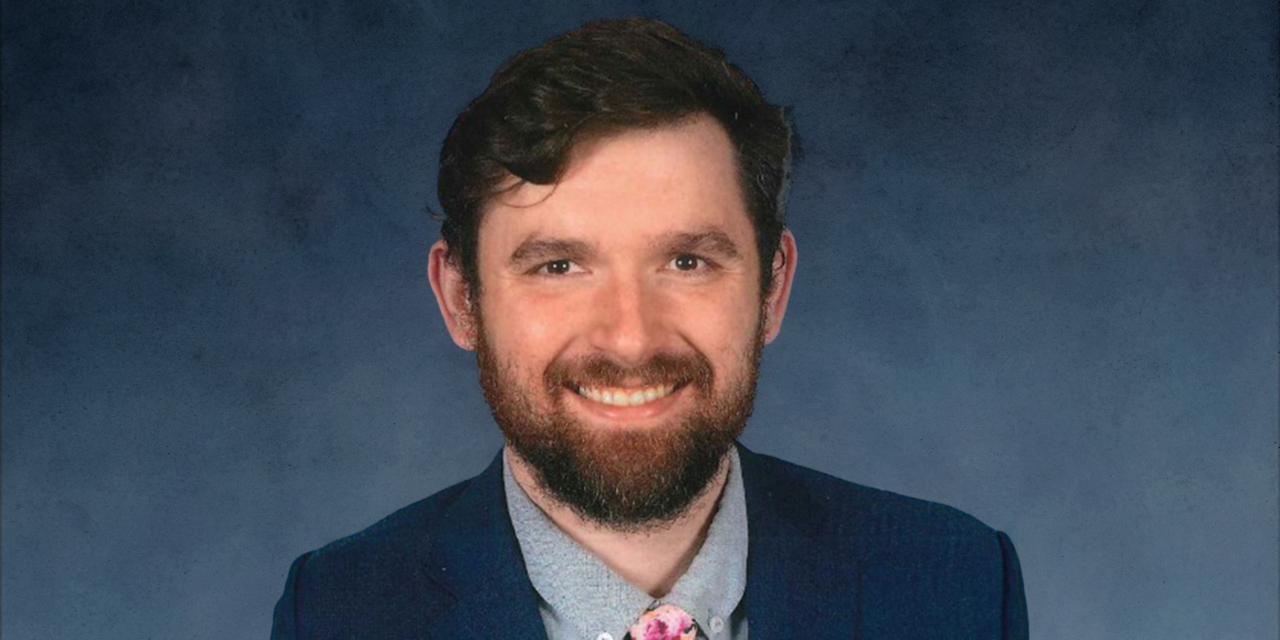
Servant Leadership
Entering Loras, Nick Satterlee (’12) had a different idea of what his life would look like. A general business degree with the hopes of going to law school was always on his mind and during his first year he quickly learned he did not quite have the passion he desired for this particular career path. More
-
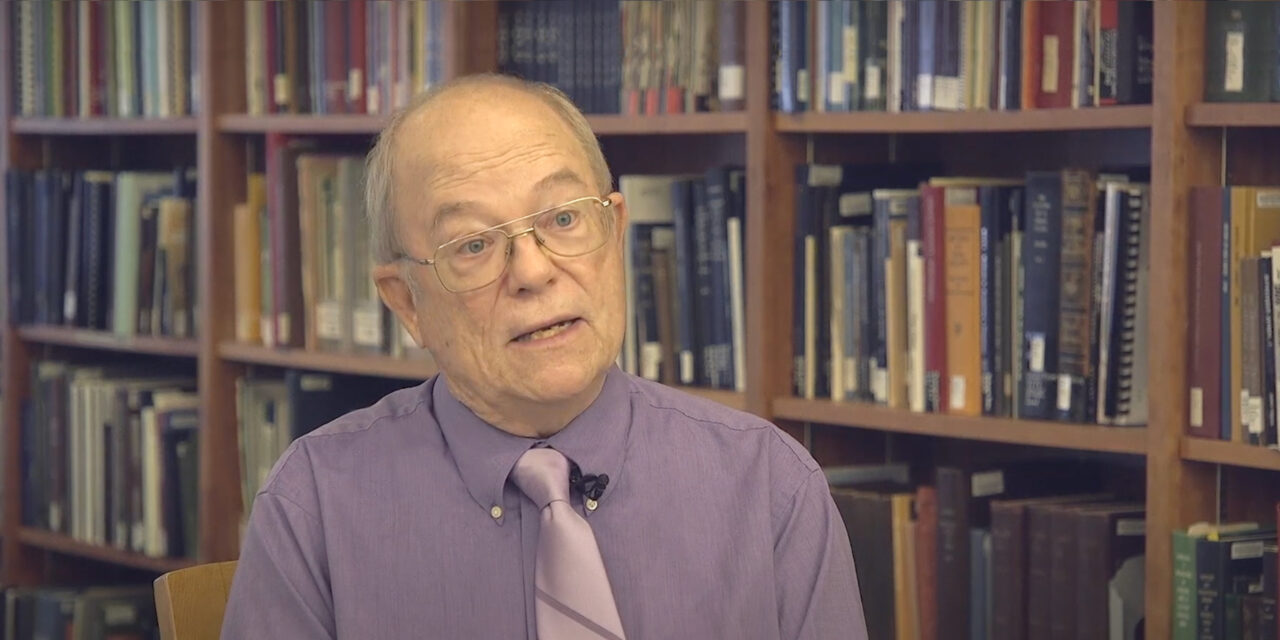
An Invaluable Resource: Loras College Center for Dubuque History
Local history immerses students in a familiar context. Although Dubuque might not be their hometown, they learn that the place they call home also has a unique and interesting history. It also enables me to assist digital natives in recognizing the value of saving and cataloging the stuff humans produce – so that future citizens can understand and reflect upon life today. Finally, it reveals a range of career options for those interested in history. More

